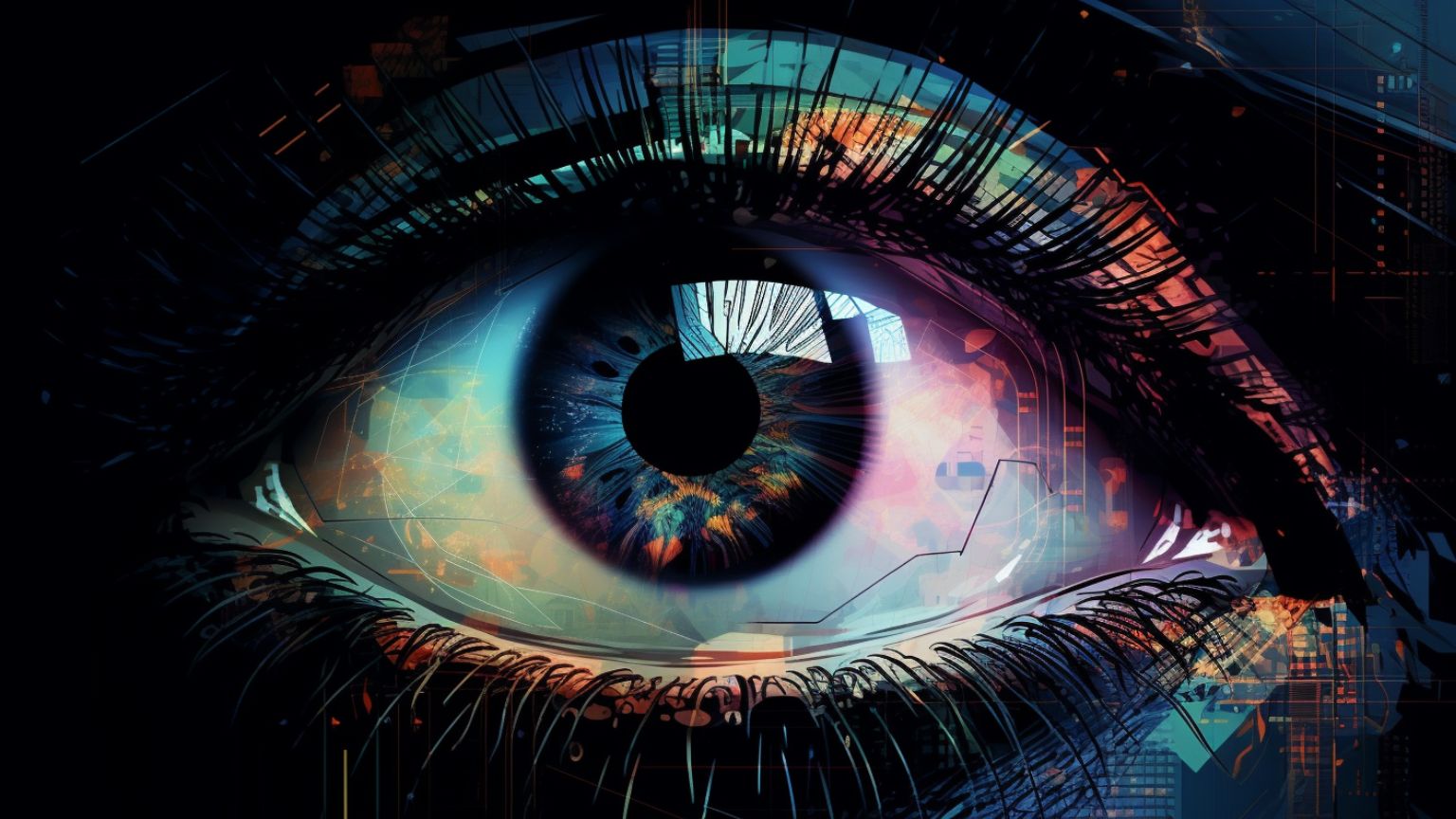Skeptics are watching as OpenAI CEO Sam Altman’s venture, Worldcoin, announces its launch. This Monday, the Berlin and San Francisco-based Tools for Humanity unveiled Worldcoin’s blockchain-based digital passport system – the World ID, together with its own cryptocurrency token, WLD.
With the promise of a cryptographically secured “proof-of-personhood,” Worldcoin seeks to distinguish real people from AI bots, setting the foundation for potential universal basic income (UBI) distribution. It does so by introducing its unique hardware, the “orb” – a silver orb roughly the size of a bowling ball – that performs iris scans to confirm the user’s humanity.
Related: CEO of Worldcoin Says “Something Like World ID Will Eventually Exist…Whether You Like It Or Not”
The core of the Worldcoin ecosystem consists of the World ID, a digital identity, and the WLD token, which users receive upon creating a wallet. To secure a World ID, users need to submit an iris scan through the Worldcoin Orb, thus offering a verifiable proof of their human identity.
The founders envision World ID as a global digital passport that is stored locally on users’ mobile devices and utilized in a privacy-centric manner. It is designed to safeguard underlying data, including biometric, Know Your Customer, and Anti-Money Laundering data, using zero-knowledge proofs.
The project’s launch has sparked vigorous debate, as it has raised numerous concerns related to centralization, privacy, and security. Notably, critics have voiced worries about potential privacy leaks, increased challenges in maintaining internet anonymity, and possible security threats arising from the centralization of data.
Other than being generally dystopian and part of the path towards a checkpoint society, the primary concerns that have emerged are privacy and security. These are not unique to Worldcoin, but they are acutely relevant given its ambitious endeavor to redefine proof of personhood.
The heart of the privacy concern revolves around the collection and storage of iris scans. There is an inherent risk that if someone were to illicitly scan another person’s iris, they could potentially confirm that person’s World ID.
While Worldcoin emphasizes its software’s decentralization, the fact that the Orbs’ construction and distribution are centralized raises another set of issues. Without any means for external verification of the Orbs’ integrity, there is the risk of an intentional or accidental backdoor, which could potentially allow the creation of counterfeit human identities by the Worldcoin Foundation itself.
In addition to the aforementioned problems, the ecosystem’s overall security presents several challenges. There is the ever-present risk of user devices being hacked, and users could be manipulated into scanning their irises for malicious parties. The technological advancement in 3D-printing also presents the scary possibility of creating false identities that could pass the iris scan.
Despite the skepticism, Worldcoin’s debut on major exchanges such as Binance has seen a bullish run, with its token, WLD, peaking at $5.29 from an initial price of $0.15, as per Binance’s records.
Ethereum co-founder Vitalik Buterin has openly discussed Worldcoin’s approach to proof-of-personhood, acknowledging both the potential and the potential pitfalls of such protocols. In his view, the use of biometrics, specifically through Worldcoin’s Orb, raises questions about whether they are ethically acceptable.
Worldcoin’s two-pronged strategy, offering both a novel identity verification system and a cryptocurrency, has drawn comparisons to other projects. GoodDollar, a universal basic income platform, appears to share similar goals, as noted by eToro founder Yoni Assia.
As Worldcoin scales up its operations to 35 cities in 20 countries following a successful beta period with 2 million users, questions remain about how it will address privacy and security concerns.
Yet, the Worldcoin team is resolute. They argue that the World ID will be a necessary tool in an era dominated by AI chatbots like ChatGPT, where it’s becoming increasingly difficult to distinguish between humans and AI bots. Altman is also the CEO of OpenAI which created ChatGPT.
Altman envisions Worldcoin as an enabler for addressing the economic transformation led by generative AI and foresees its utility in fraud reduction in UBI schemes, helping to combat income inequality.
While Altman considers a world run on UBI to be a distant future, the launch of Worldcoin signals a significant step towards this reality, even if it’s just an experiment for now. The ongoing debate about Worldcoin’s privacy, centralization, and security aspects only underscore the fact that the path to such a future is fraught with challenges and questions.








